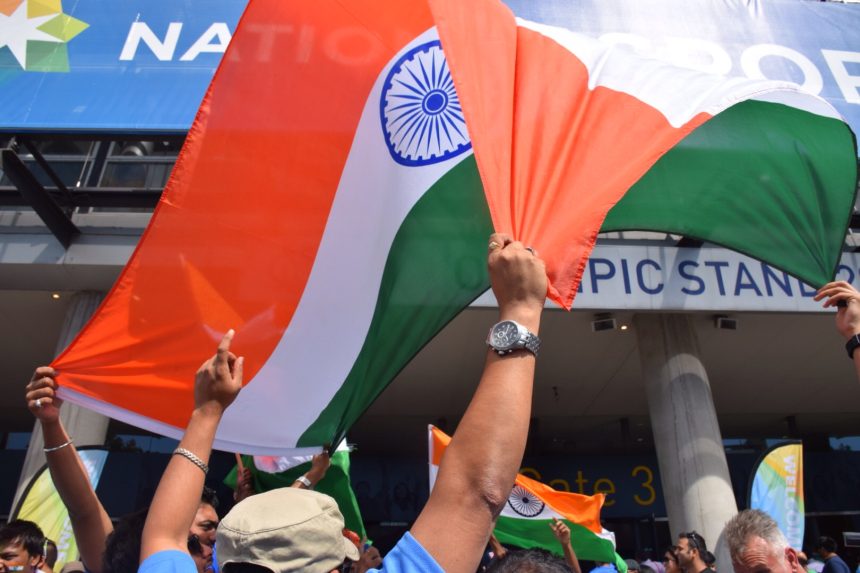In early 2025, India and Bangladesh imposed reciprocal trade restrictions, disrupting a bilateral trade relationship valued at $13 billion annually. These measures have significantly affected key industries, particularly textiles and garments, and have introduced new complexities into regional trade dynamics.
Textile and Garment Industries Bear the Brunt
Bangladesh’s decision to restrict land imports of Indian cotton yarn—a commodity worth $1.6 billion in 2024—has directly impacted its garment sector, which constitutes 11% of the nation’s GDP. The shift to more expensive and slower sea and air freight options has increased production costs and delivery times for Bangladeshi manufacturers. Anis Ahmed, head of MGH Group, noted that the disruption could severely affect Bangladesh’s fast-fashion export sector, which relies on quick delivery times to meet global demand.
Conversely, India’s textile exporters are grappling with reduced demand from Bangladesh, their largest market, which accounted for nearly 46% of India’s cotton yarn exports in 2024. The Confederation of Indian Textile Industry expressed concerns over the financial strain on Indian producers due to the sudden drop in orders.
Political Underpinnings of Trade Restrictions
The trade restrictions are rooted in escalating political tensions. Following the ousting of former Prime Minister Sheikh Hasina in August 2024, Bangladesh’s interim government, led by Nobel laureate Muhammad Yunus, demanded her extradition from India over allegations she denies. India’s sheltering of Hasina and criticisms of alleged attacks on the Hindu minority in Bangladesh have further strained relations.
Additionally, Yunus’s recent overtures to China, including referring to Bangladesh as the “only guardian of the ocean” for India’s northeastern states, have raised strategic concerns in New Delhi. India perceives these moves as potential threats to its northeastern corridor, particularly the narrow Siliguri Corridor, which connects the northeastern states to the rest of the country.
Disruption of Established Trade Routes
India’s suspension of a transshipment facility, established in 2020, has further complicated trade. This facility allowed Bangladeshi goods to transit through India to third countries, facilitating exports to Nepal, Bhutan, and beyond. Its withdrawal, citing congestion and inefficiencies, has disrupted established supply chains and increased logistical costs for Bangladeshi exporters.
Bangladeshi garment manufacturers, who previously relied on this route for timely deliveries, now face delays and higher expenses, impacting their competitiveness in global markets.
Broader Economic and Strategic Implications
The reciprocal trade restrictions have broader implications beyond immediate economic losses. The disruption of supply chains and increased costs threaten the livelihoods of workers in both countries’ textile and garment sectors. Moreover, the escalating tensions risk undermining regional stability and cooperation.
Analysts warn that the deepening rift between India and Bangladesh could have long-term consequences, including the erosion of mutual trust and the potential for further retaliatory measures. The situation underscores the need for diplomatic engagement to resolve disputes and restore normalcy in bilateral trade relations.
As businesses in both countries navigate the challenges posed by these trade restrictions, the path forward remains uncertain. The resolution of political tensions and the restoration of trade facilitation measures are crucial for the economic well-being of both nations and the stability of the South Asian region.











